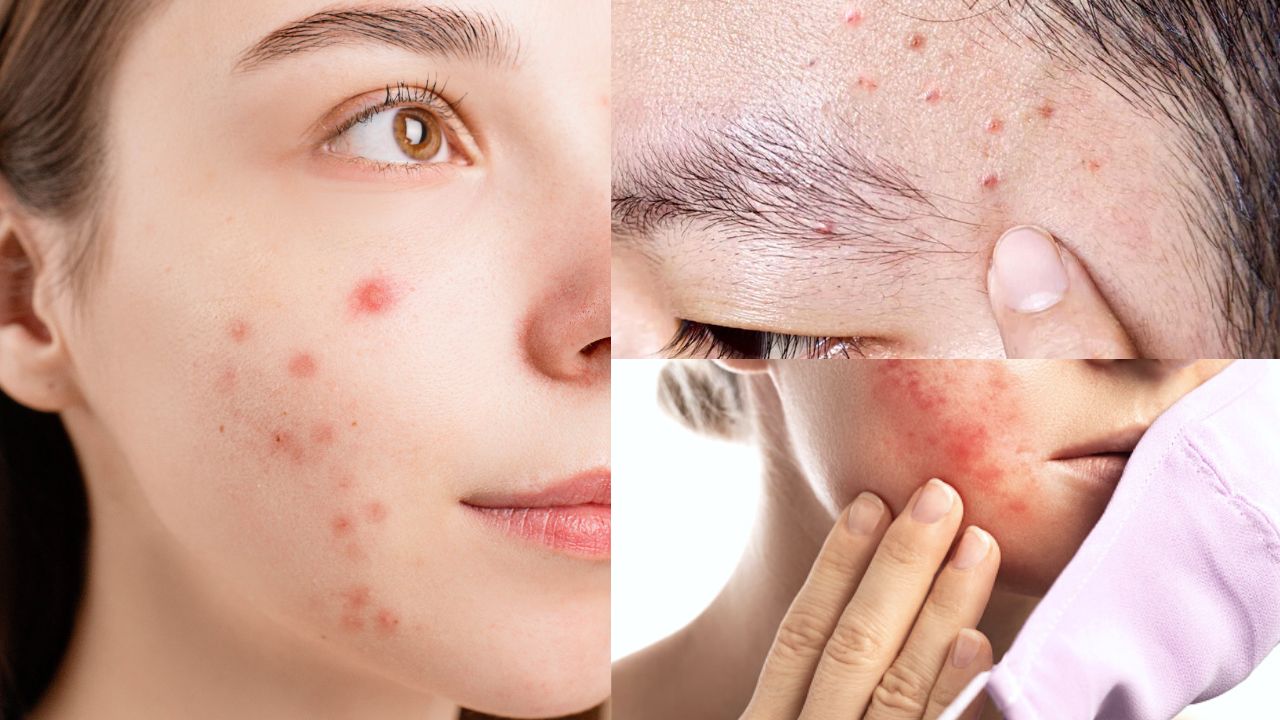What is “Acne Mechanica”?
By Dr. Janani Palanivel on 15-07-2022

“Acne mechanica” or “frictional acne” is an inflammatory skin condition, which is nothing but acne exacerbation with constant friction on the skin. People with sensitive and acne-prone skin notice a sudden increase in breakouts due to constant friction or pressure on the skin. For example, wearing stoles, scarves, facial masks, or the friction of the helmet on the forehead could increase the friction on the skin and worsen the acne. The major reason is that friction can irritate the pores and result in inflammation and increased sebum secretion. It appears as red spots ( papules), pus-filled spots ( pustules), big painful lumps ( nodules), or as tiny blackheads ( comedones).
Various studies recently have stated that post-pandemic, the prevalence of acne increased considerably owing to the mandatory use of facial masks. In my clinical practice, I have witnessed patients presenting with acne exacerbation due to facial masks especially post-pandemic. I witnessed this commonly in teens and young adults.
Similarly, the habitual placing of palms on the face, sleeping on one side, and rubbing the face with tissue or kerchief can irritate the skin pores and aggravate the breakouts. Hence avoiding friction is one of the vital factors to prevent acne episodes, especially in youngsters.
In addition to recurrent acne spots on the face, constant friction and pressure on the skin could aggravate a condition known as “seborrheic dermatitis”. The inflammation and increased sebum on the skin can make the environment conducive to the growth of yeast ( Malassezia species) on the skin, which results in seborrheic dermatitis. It appears as red, scaly patches on the skin, especially around the nose and mouth. Sometimes it can appear as tiny pus-filled spots called acne folliculitis.
Managing Acne Mechanica depends on the acne severity. The physician will provide medications according to the lesion type ( as mentioned above) and the severity. A gentle cleanser to control sebum secretion, topical antibacterial gels, or oral antibiotics is useful to control breakouts. Sometimes patients with severe acne lesions would require Vitamin A medications for a better outcome. Along with the above-mentioned medications, avoiding friction and pressure on the skin is a vital factor to manage Acne Mechanica.